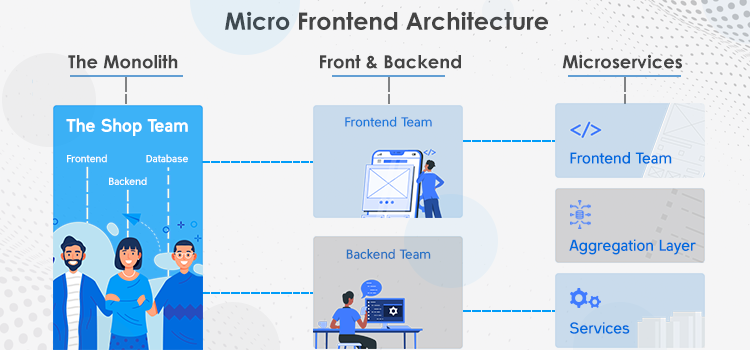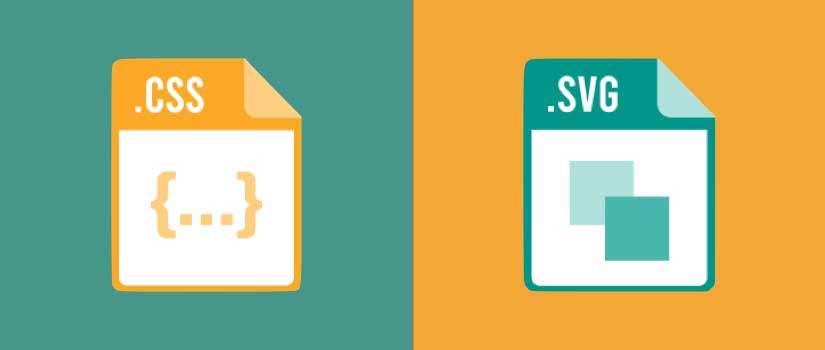For building server-side applications, .NET have two supported implementations: .NET Framework and .NET Core. Both of them share similar components and allow developers to share code across themselves.
The choice between .NET Core vs .NET Framework, however, depends upon the type of application to be built and the platform on which it is to be built. Here are some fundamental differences.
.NET Framework:
.NET framework is a software framework developed by Microsoft which includes a runtime environment for creating Windows apps and web services. It covers a large class library called .NET framework class Library; which is combinations of classes, interfaces, and value types that provide access to system functionality.
The .NET Framework supports Windows and Web applications. ASP.NET MVC is used to build Web applications in .NET Framework. By using .NET Framework you can utilize Windows Forms, UWP, and WPF to develop Windows desktop applications and server-based applications in .NET Framework.
.NET Core
The .NET core is free and fully open-source cross-platform software framework for the Microsoft Windows, Apple macOS, and Linux operating systems that use MIT and Apache 2 license. .NET Core is simply a combination of the ASP.NET MVC and ASP.NET Web API. It uses the Universal Windows Platform (UWP) for creating Windows apps and ASP.NET for web apps.
.NET Core is the updated and redesigned version of .NET Framework. The .Net developers can upgrade to .NET Core to build a variety of applications by targeting multiple devices and platforms. Also, they can take advantage of the new features and enhancements included in .NET Core to build, test, and deploy the applications efficiently and rapidly.
Want to kickstart your development journey? Reach out to us for expert guidance and let's build something amazing together, powered by the innovation of .NET Core!











